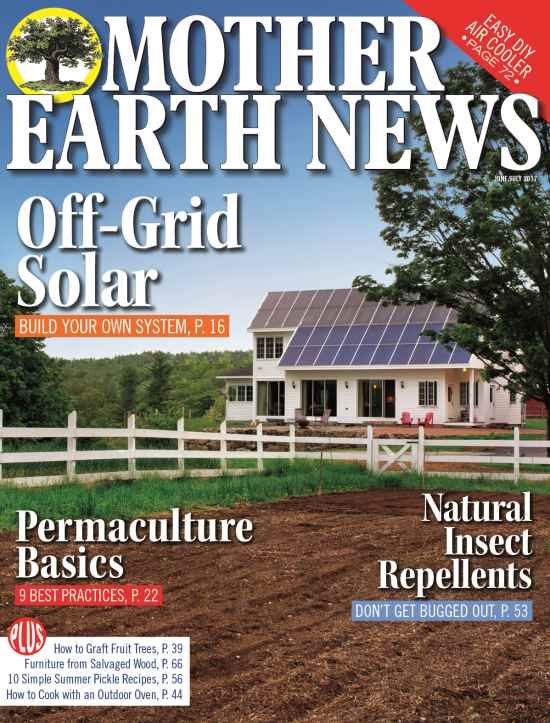If you’re trying to break into the world of homesteading, you’re probably weighing options for getting land. This is especially true for young or novice homesteaders who don’t have much familiarity with all of the available options.
But it’s not so confusing as one might think. You just have to cut through the jargon and familiarize yourself with a few specific concepts, one being the ground lease.
What Is a Ground Lease?
The typical ground lease gives the tenant the ability to build or develop property while the contract is active. Upon completion of the lease period, the property — complete with all of the recent improvements or developments — returns to the original owner. This process covers the majority of ground leases offered in the U.S., but there are some exceptions.
In some cases, a ground lease might stipulate that the tenant is responsible for all the taxes during the lease period. This usually occurs because, in most cases, the tenant does not need to furnish a down payment for the property.
There are also different types of ground leases. With an unsubordinated ground lease, the landlord has top priority over any claims on the property in question. Acting as a failsafe in case the tenant defaults on any loans or required payments, the unsubordinated lease provides more protections for the landowner. A subordinated ground lease gives this priority over to the tenant.

How Does It Benefit You?
A ground lease provides benefits to both the landowner and the tenant. Some of the advantages to landlords include:
- The landowner retains full ownership of the property.
- There are no penalties to income tax for entering a ground lease as long as income tax is paid on the tenant’s rent payments.
- Depending on the exact wordage of the ground lease, the landlord might have direct control over any developments or improvements made by the tenant.
The tenant benefits in numerous ways, too:
- There are no land acquisition fees in a ground lease. As a result, homesteaders can save money and allocate it toward other areas.
- Your rent payments are eligible for a deduction on both your federal and state income tax. Once again, this saves you more money for making improvements or developments to the leased property.
If you’re trying to make your way into the world of homesteading as soon as possible, a ground lease might be your best option. Not only is it affordable, but it gives you the opportunity to begin your new lifestyle right away. The act of performing upgrades and improvements to the property also gives you the hands-on skills needed to thrive as a modern homesteader.
How Can You Use Your Land?
The majority of ground leases in the U.S. are long-term contracts. Usually lasting several years to a decade or even longer, many of these contracts permit nearly any sort of usage on the property, but there are some exceptions:
- Avoid nuisances. A standard ground lease typically prohibits anything that causes a public nuisance. Refer to the exact wording of your contract to find out what constitutes a nuisance.
- No rezoning. Most ground leases prohibit any new upgrades or developments that would require rezoning of the land in question.
- Respect the space of others. Some ground leases are on acreage that accommodates other individuals or entities. In this case, any development that would infringe or interfere with their rights to the land is strictly prohibited.
Most ground leases offer the tenant a lot of freedom, but you should always examine the wording of the lease. You can also inquire with the landowner if you have any specific questions.
Using the Ground Lease as a Stepping Stone
It’s important to remember that the typical ground lease is temporary. Although the contract might last for an extended period, there are usually limits on the amount of time one can spend on a specific property. Knowing these rules is the key to making the most of a ground lease and gaining some valuable momentum on the road to becoming a homesteader.










